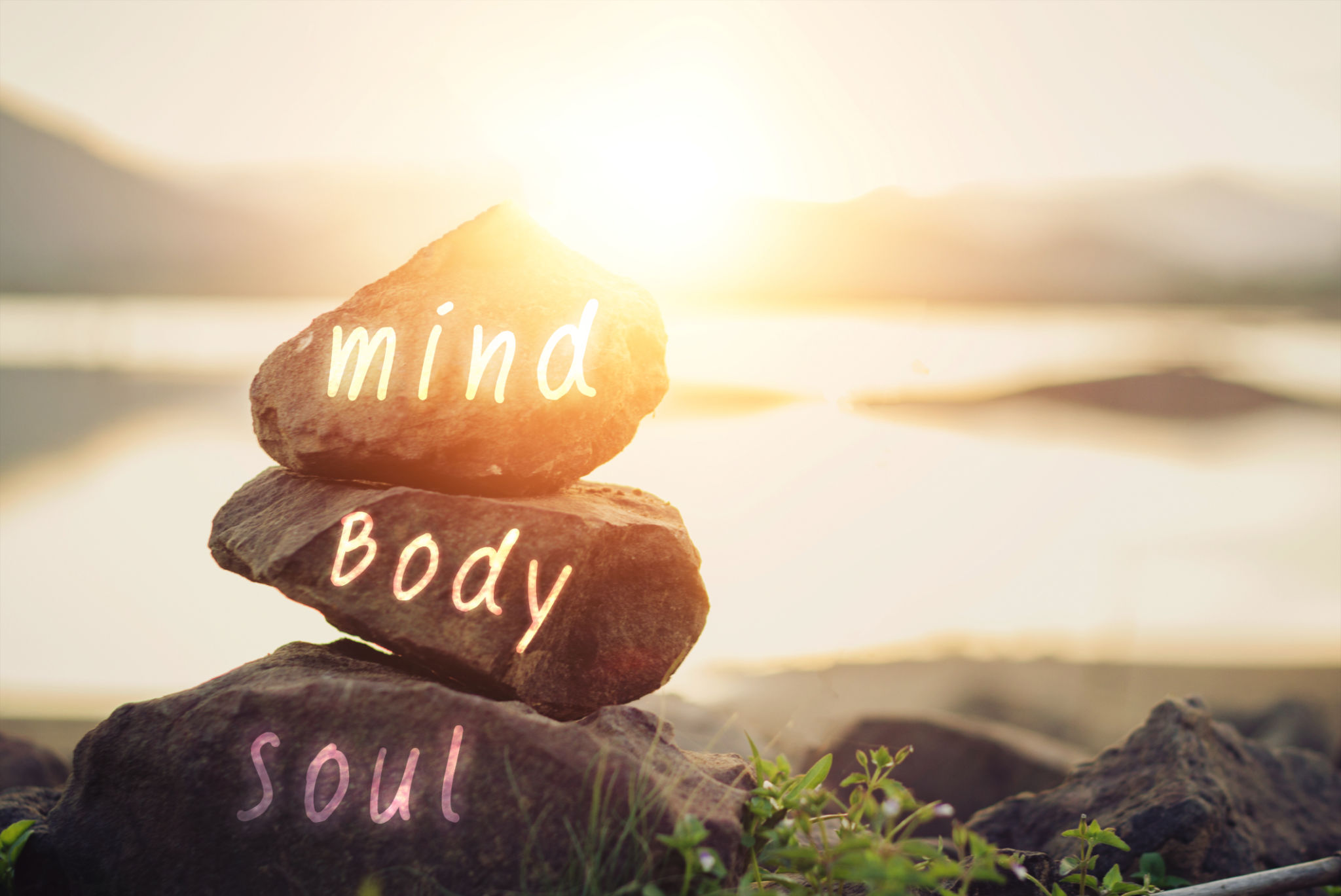Exploring Holistic Approaches to PTSD: A Veteran's Guide
Understanding PTSD in Veterans
Post-Traumatic Stress Disorder (PTSD) is a mental health condition that affects many veterans due to their exposure to traumatic events during service. The symptoms can include flashbacks, severe anxiety, and uncontrollable thoughts about the trauma. It's important to recognize that PTSD is a normal reaction to abnormal events.
Traditionally, treatments for PTSD have included therapy and medication. However, some veterans find more effective relief through holistic approaches. These methods focus on treating the mind, body, and spirit as interconnected elements.

Benefits of Holistic Approaches
Holistic approaches to managing PTSD offer several benefits. They aim to address the root causes of stress and anxiety rather than just the symptoms. This can lead to deeper healing and improved overall well-being.
Some veterans report feeling more empowered when they take a holistic approach, as it often involves proactive self-care practices. By integrating these methods, veterans can develop a toolkit for managing their mental health independently.
Mindfulness and Meditation
Mindfulness practices and meditation are powerful tools for managing PTSD symptoms. These techniques help individuals stay grounded in the present moment, reducing the intensity of flashbacks and intrusive thoughts. Regular practice can also improve emotional regulation and enhance overall mental clarity.

The Role of Nutrition
Nutrition plays a crucial role in mental health. A balanced diet can significantly impact mood and energy levels, which are often disrupted in those with PTSD. Incorporating foods rich in omega-3 fatty acids, antioxidants, and vitamins can help stabilize mood swings and reduce anxiety.
Veterans may benefit from consulting with a nutritionist to create a personalized diet plan that supports their mental health goals.
Physical Activity and Exercise
Physical activity is another vital component of holistic PTSD management. Exercise releases endorphins, which are natural mood lifters. Activities such as yoga, tai chi, or even regular walking can help reduce stress levels and improve sleep quality.

Exploring Alternative Therapies
Alternative therapies like acupuncture, massage therapy, and equine-assisted therapy have shown promise in alleviating PTSD symptoms. These therapies can help release tension stored in the body and promote relaxation.
Some veterans find that these alternative methods offer a sense of connection and grounding that traditional therapy might not provide.
Creating a Supportive Environment
A supportive environment is crucial for veterans exploring holistic approaches to PTSD. Connecting with fellow veterans who understand their experiences can foster a sense of community and reduce feelings of isolation.
Support groups or workshops focused on holistic health can provide valuable resources and encouragement for those on their healing journey.
Integrating Holistic Practices into Daily Life
Integrating holistic practices into daily routines can be transformative for veterans with PTSD. The key is consistency and patience, as these practices often require time to manifest noticeable benefits.

Starting small with achievable goals—such as a few minutes of daily meditation or a weekly yoga class—can help veterans gradually incorporate these practices into their lives.
Conclusion: A Path to Healing
Exploring holistic approaches to PTSD offers veterans a comprehensive path to healing that addresses both the mind and body. While these methods may not replace traditional treatments entirely, they can serve as valuable complements that enhance overall well-being.
Veterans seeking alternative ways to manage their PTSD symptoms should consult with healthcare professionals to create a personalized plan that best suits their needs and lifestyle. With the right support and tools, healing is within reach.